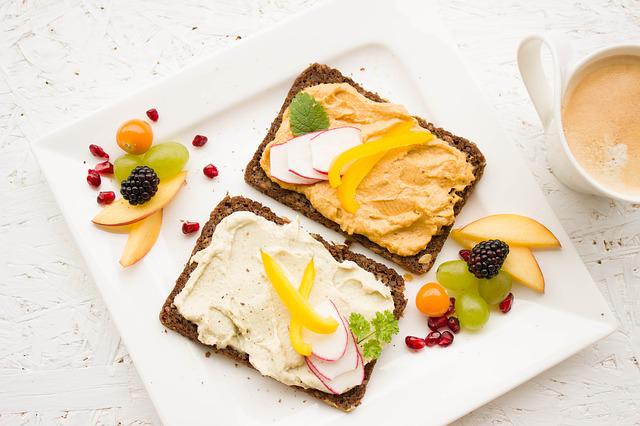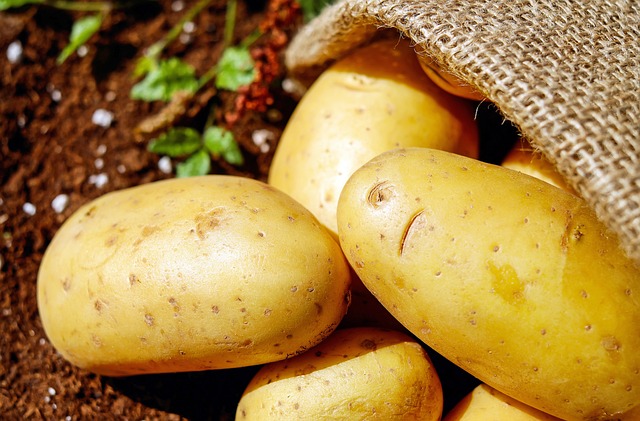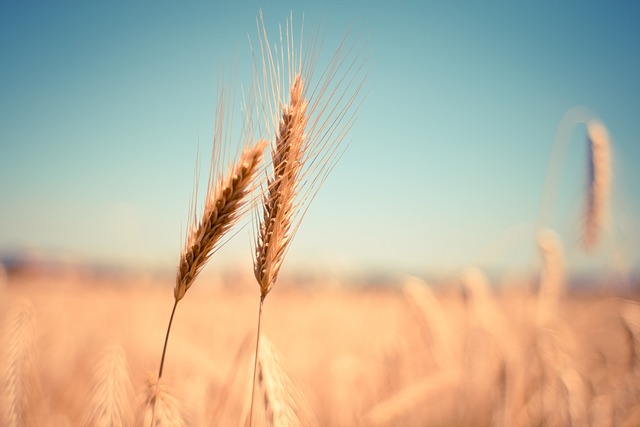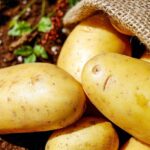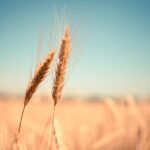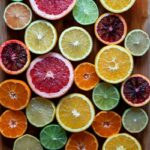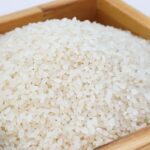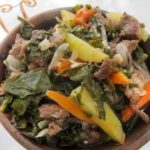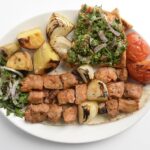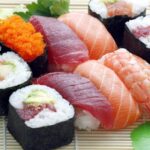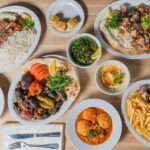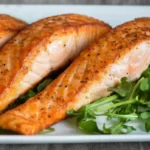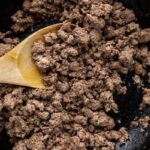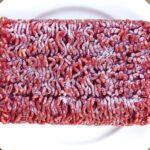How To Get Nutrients Without Eating Funny Results
How to get nutrients without eating? In your diet, do you avoid eating fruits and vegetables? If the answer is yes, you are deficient in the vital nutrients you need to keep healthy. Vegetables and fruits are essential components of a diet that is balanced. They are also a good source of fiber, minerals, and other nutrients. But in order to be healthy, it’s imperative to consume enough fruits and vegetables.
Table of Contents
Essential Nutrients Ingredients
Zinc
Zinc is an important mineral that contributes to the optimization of body functions. It affects everything from our ability to fight insects to our sense of smell and taste.
Due to the role of zinc in sperm production and development, the zinc demand of men (14 mg per day) is higher than that of women (8 mg per day).
Among all meat, beef provides the most zinc, containing 8.2 mg of zinc per 100 grams.
Chicken breast contains only 0.68 mg, while chicken thigh contains 2 mg.
The zinc content of kangaroo meat is lower than that of beef, which is 3.05 mg.
The most abundant source of zinc is oysters (48.3 mg).
Beans such as lentils, red kidney beans, and chickpeas can provide 1.0 mg per 100 grams.
In order to compensate for the lack of zinc by reducing the intake of red meat, you can eat 12 oysters a day, which is impossible. Or you can eat some combination foods, such as 150 grams of red kidney beans, a portion (30 grams) of zinc-rich Cereals, such as weet Bix, three pieces of whole wheat bread, and a handful of mixed nuts (30 grams).
Protein
Animal-derived proteins provide essential amino acids for the human body. The human body uses these amino acids to produce muscles, tissues, hormones, neurotransmitters, and different cells and antibodies in the immune system.
A healthy diet on earth provides a good blueprint for getting enough protein from various other animal sources. It suggests that people eat on average:
25g chicken per day
28 grams of fish per day
1.5 eggs per week
200 grams of milk per day
50 grams of cheese per day.
In addition to 14 grams of red meat in the earth’s healthy diet, these foods will provide a total of 45 grams of protein per day, which is about 80% of the protein we need from animal sources every day.
The required residual protein (11g) is easily obtained from plant foods, including nuts, beans, beans and whole grains.
Iron
Iron is essential for many functions of the human body, including the delivery of oxygen to the blood.
Iron deficiency can lead to anemia, in which case you will feel tired and sleepy.
Read more: why iron is such an important part of your diet
Premenopausal women need about 18 mg a day, while men only need 8 mg. Premenopausal women need more iron because they lose blood during menstruation.
So, how can we get enough iron?
Of course, beef is a rich source of iron, containing 3.3 mg of iron per 100 grams.
The same amount of chicken breast meat contains 0.4 mg, while the content of chicken thigh meat (darker meat) is slightly higher, which is 0.9 mg.
The iron content of pork is also very low, only 0.7 mg.
But kangaroo meat can provide 4.1 mg of iron per 100 grams. Yes, kangaroo meat is a kind of red meat, but its methane emission is lower. Its saturated fat content is one third of that of beef. It is a healthier and more environmentally friendly substitute.
Plant protein is also rich in iron: 1.7 mg iron per 100 grams of cooked green beans and 2.37 mg iron per 100 grams of brown lentils.
If you want to reduce the average intake of red meat from 81 grams per day to the recommended 14 grams per day, and also get the same amount of iron, you need to eat the equivalent of 50 grams of kangaroo meat, 100 grams of brown lentils or 150 grams of red kidney beans per day.
Vitamin B12
Vitamin B12 is important for healthy blood and nerve function. It is the most concerned nutrient because it only exists in animals.
Women and men require the same amount of vitamin B12, 2.4 micrograms per day.
Beef and kangaroo meat provide 2.5 micrograms per 100 grams, while chicken and Turkey provide about 0.6 micrograms.
Dairy products also contain vitamin B12. A glass of milk can provide half of your daily requirement (1.24 micrograms), and a piece of cheese (20 grams) can provide one fifth of your daily requirement (0.4 micrograms).
A glass of milk can provide half of the vitamin B12 you need in a day.
Spinach and fermented foods contain trace amounts of vitamin B12, but these contents are not enough to meet your nutritional needs. However, the content of mushrooms has been high, with 5 micrograms per 100 grams of Lentinus edodes.
In order to meet the deficiency of vitamin B12 by reducing the intake of red meat, you need to eat 75 grams of kangaroo meat or drink a glass of milk (200 ml) and a piece of cheese (20 g) every day. Alternatively, adding a handful of dried mushrooms to your salad or stir fry can also meet your requirements.

Nutrients Food Sources
There is no doubt that fruits and vegetables are important sources of vitamins and minerals. What should you do if you are allergic to some fruits and vegetables? Relax, you don’t have to worry. You can also get vitamins and minerals from several other foods. The following is the list:
- Vitamin A: eggs, fortified skim milk, eggs, blue cheese, butter.
- Protein: tofu, soybeans, milk, eggs, fish
- Minerals: eggs, shellfish, nuts, seeds, yogurt, and cheese.
- Roast salmon on a rectangular black ceramic plate
- Vitamin D: Salmon, swordfish, and tuna.
Some people don’t like eating fruits and vegetables directly. The best way to eat fruits and vegetables is to prepare delicious dishes. Here are some recipes for you.
Make vegetable soup. It tastes great. You can eat several vegetables at a time. Amazing, right?
Fruit or vegetable smoothies can be eaten for breakfast without affecting the taste.
You can add vegetables to the omelet.
You can prepare oatmeal, or add fruit and dried fruit according to your choice. It will be delicious and nutritious.
Protein Powder Supplement
Protein powder is the most beneficial nutritional supplement. Protein is a complex structure of amino acids. It can help the body repair cells and produce new cells. It is essential to provide energy and maintain good health. In order to meet your protein needs, protein supplements are a good choice. Protein powder can also help lose weight and help people strengthen their muscles.
Multivitamin Tablets
vitamins are one of the basic nutrients required by the human body to perform various functions. If you have a busy schedule, you don’t have time to eat properly. Don’t damage your health. You should choose a simple option. Take a variety of vitamins every day to meet your vitamin needs.
Daily multivitamins can provide the right infrastructure for your health. It can also protect you from stress or poor sleep. Before buying multivitamins, don’t forget to check the seven ingredients. The following is the list:
- Vitamin D
- Magnesium
- Calcium
- Zinc
- Iron
- Folic acid
- Vitamin B – 12
Milkshakes & Beverages Nutrients
Nutritious milkshakes and beverages are easy to consume. They are very helpful for people with poor appetite, chewing difficulties, and eating balance difficulties. There are several minerals and vitamins in nutritious milkshakes and beverages. You can use milkshakes and beverages as dietary substitutes to get comprehensive nutrition.
Nutritious drinks are a healthy balance of protein, carbohydrates, and fat. You can find hundreds of health drinks on the Internet. But please study supplements before buying.
Milkshakes are taken orally. You can also easily find milkshakes in grocery stores.
Conclusion
Our relationship with food is stale. The argument goes as follows: It requires effort to purchase and prepare, and it may not be nutrient-dense (we tend to cook away the good stuff). Now we can ingest our meals. Unlike protein beverages used as supplements, meal-replacement shakes maximize nutritional absorption, reduce costs, and turn the unpleasant task of eating with others into a pastime.

